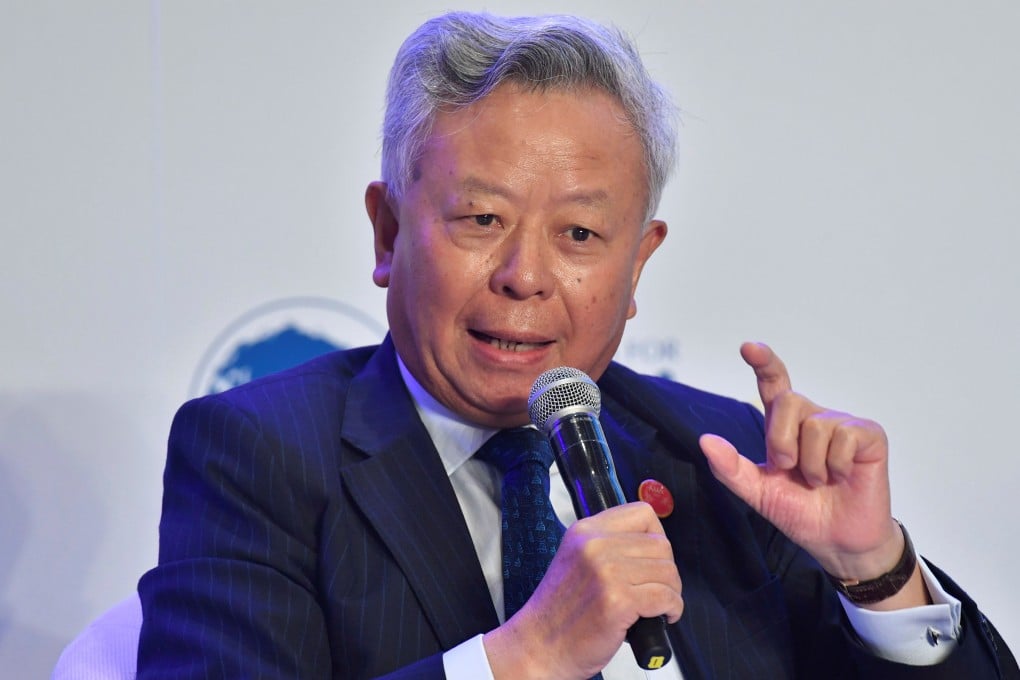China-backed AIIB maintained loans to India during border dispute in ‘first major test’, says president
- Jin Liqun says AIIB kept loans to India when border tensions escalated last year, despite facing pressure at home
- AIIB is a ‘truly international multilateral institution’ and does not get caught up in bilateral disputes, the banker says

The Beijing-based Asian Infrastructure Investment Bank (AIIB) kept lending to India despite domestic pressure during last year’s deadly border dispute between the two countries, said the bank’s president Jin Liqun, refuting claims the lender is simply a tool for China’s strategic interests.
The AIIB, which began operations in 2016 and now has 103 members worldwide, has long been viewed as Beijing’s answer to the Western-dominated international financial system, and is seen as a potential rival to the World Bank and Asian Development Bank, as well as a way to jumpstart the Belt and Road Initiative.
But Jin, who has led the bank since it was founded, said the AIIB had no intention of overthrowing the established world economic order, and was instead aiming to become a “truly international multilateral institution that adheres to best practices and apoliticism”.
Bilateral conflicts between member states should not concern a multilateral institution
“Bilateral conflicts between member states should not concern a multilateral institution,” he said during the conference on May 16, according to a transcript published on Thursday by efnchina.com, a Chinese financial news website.